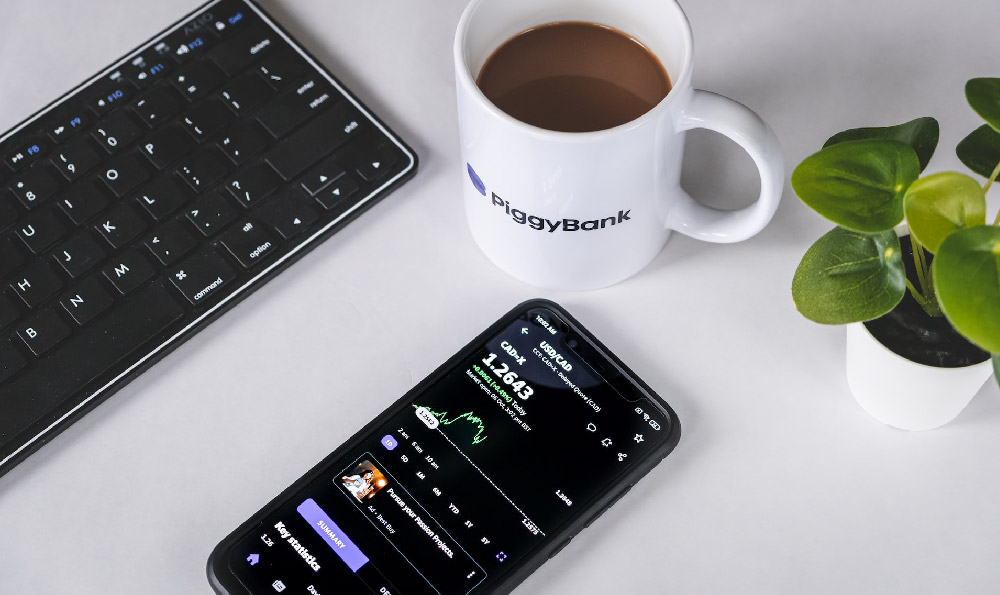Navigating the world of digital assets can feel like charting unknown waters. You mentioned setting up an Airbnb account and then jumped into discussing Keepbit. While seemingly disparate, both concepts tie into managing assets and potentially generating income, albeit through vastly different avenues. Let's unpack Keepbit's utility, assuming you're interested in how it relates to virtual currency and investment. I'll then briefly touch on Airbnb as a form of asset management for contextual understanding.
Keepbit: A Deep Dive into Its Potential Utility in Crypto Management
Understanding Keepbit's specific usefulness necessitates knowing exactly what flavor of "Keepbit" we're talking about. There are multiple entities using similar names, so context is vital. However, generally speaking, platforms with "Keepbit" in their name often revolve around digital asset custody, security, and potentially, trading or investment management.

Assuming Keepbit is a Custodial or Security-Focused Platform:
Its primary function likely revolves around securely storing your cryptocurrency. Think of it as a digital vault for your Bitcoin, Ethereum, or other digital assets. This is paramount because the decentralized nature of cryptocurrency means you are responsible for your own security. If you lose your private keys (the digital equivalent of passwords that control access to your crypto), you lose your assets.
Here's a breakdown of potential useful aspects:
-
Secure Storage Solutions: Keepbit might offer multi-signature wallets, cold storage solutions (storing assets offline, away from internet vulnerabilities), or hardware wallet integration. These features significantly reduce the risk of hacking or theft. Understanding the specifics of their security architecture is critical. Do they utilize advanced encryption methods? Are their systems regularly audited by independent security firms? These questions are crucial.
-
Risk Mitigation: A robust platform like Keepbit should implement measures to mitigate various risks associated with cryptocurrency ownership. This could involve insurance policies to cover losses in certain scenarios (though these are often limited), fraud detection mechanisms, and compliance with relevant regulations.
-
Simplified Asset Management: Managing multiple cryptocurrency wallets and private keys can become overwhelming. Keepbit could provide a user-friendly interface to manage all your assets in one place, simplifying the process of tracking your portfolio and making transactions. However, consolidation always brings its own risk, so diversification is key.
-
Potential for Staking or Yield Generation: Some platforms offer the ability to stake your cryptocurrency, earning rewards for participating in the network's consensus mechanism. Keepbit might offer this feature, allowing you to passively generate income on your holdings. However, be acutely aware of the risks involved in staking, including lock-up periods and potential penalties.
-
Compliance and Regulatory Adherence: A reputable platform will prioritize compliance with relevant regulations in the jurisdictions where it operates. This provides a level of assurance that the platform is operating legally and ethically. In the rapidly evolving world of crypto, regulatory uncertainty is a major risk factor.
Critical Considerations When Evaluating Keepbit (or any similar platform):
-
Reputation and Transparency: Research the platform's history, team, and track record. Are they transparent about their security practices and fees? Look for reviews and testimonials from other users. Exercise extreme caution with new or unproven platforms.
-
Security Audits: Verify if the platform has undergone independent security audits by reputable cybersecurity firms. These audits should be publicly available.
-
Insurance Coverage: Inquire about the platform's insurance coverage in case of a security breach. Understand the limitations and exclusions of the policy.
-
Fees: Understand the fees associated with using the platform, including storage fees, transaction fees, and withdrawal fees.
-
KYC/AML Compliance: Be prepared to undergo Know Your Customer (KYC) and Anti-Money Laundering (AML) procedures. This is standard practice for regulated cryptocurrency platforms.
Airbnb: A Tangible Asset and Income Source
Switching gears to Airbnb, this represents a completely different asset class: real estate. Using Airbnb involves leveraging a physical asset (your property) to generate income. It’s an active income strategy requiring management, cleaning, and interaction with guests. While not directly related to crypto, it shares the common thread of asset management.
The Disconnect and the Underlying Principle:
The connection between considering Airbnb and then asking about Keepbit might stem from a general interest in diversifying income streams and managing assets. One involves a physical asset requiring active management, while the other potentially involves digital assets needing secure storage. Both require careful planning and risk assessment.
In conclusion:
Before entrusting any platform with your digital assets, due diligence is paramount. Thoroughly research Keepbit (or any similar platform), understand its security measures, fees, and reputation, and assess whether it aligns with your investment goals and risk tolerance. Remember that cryptocurrency investments are inherently risky, and you should only invest what you can afford to lose. Thinking critically and acting cautiously are essential for success in this dynamic landscape. And remember, diversification across different asset classes, including traditional investments and real estate, is a prudent strategy for long-term financial stability.











